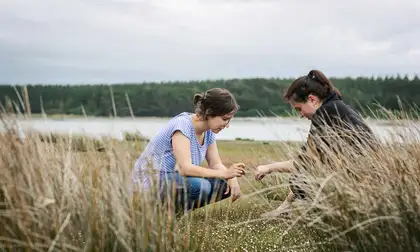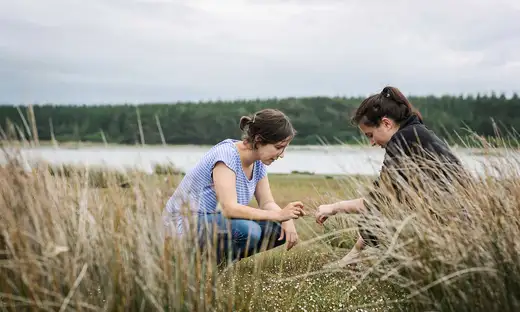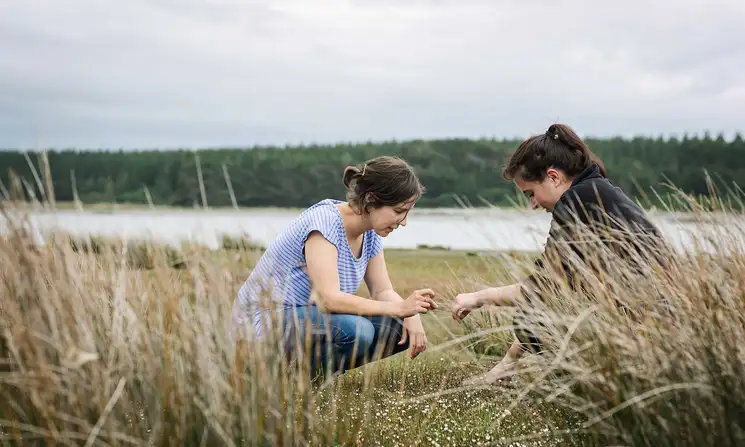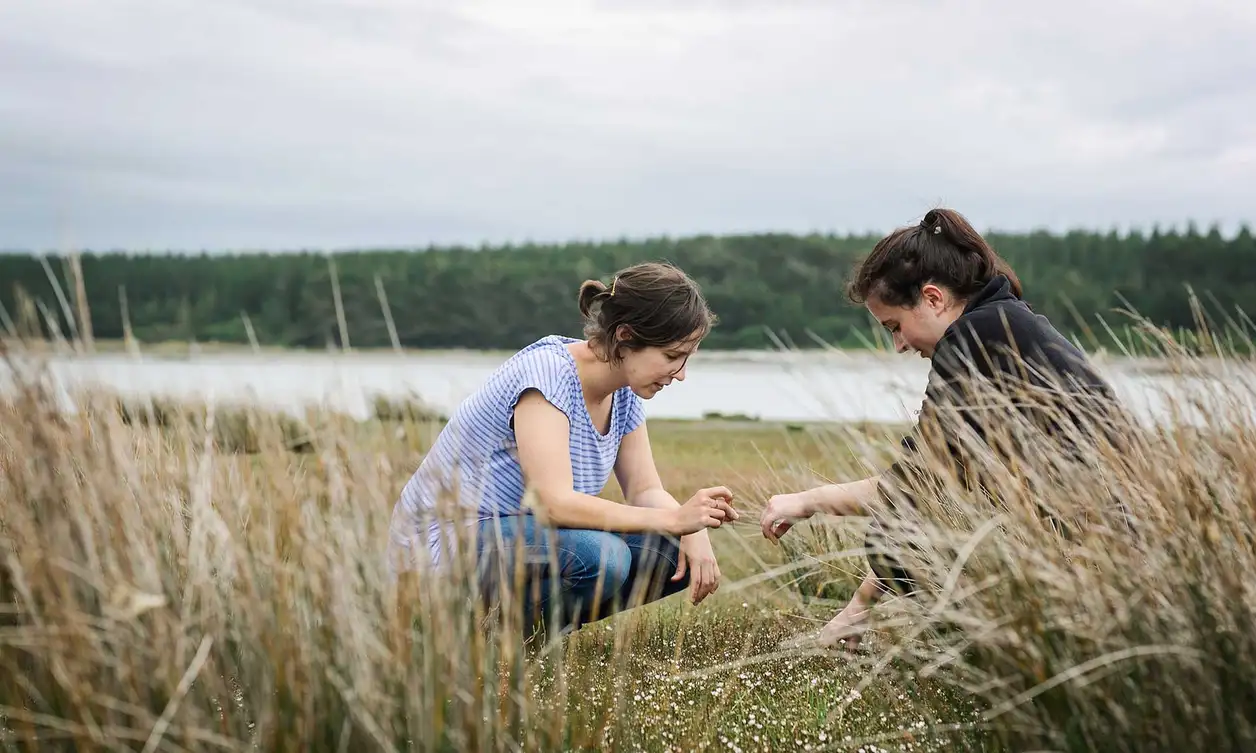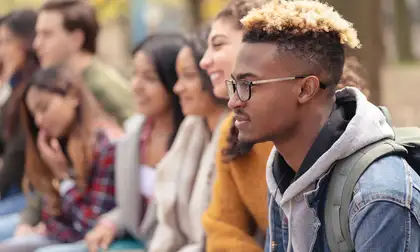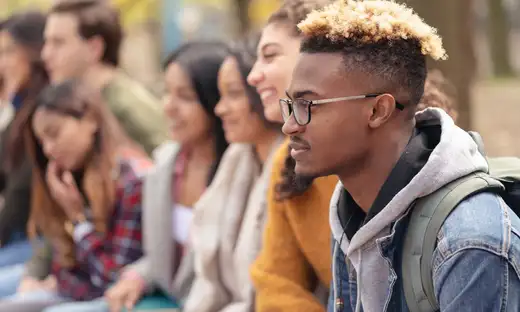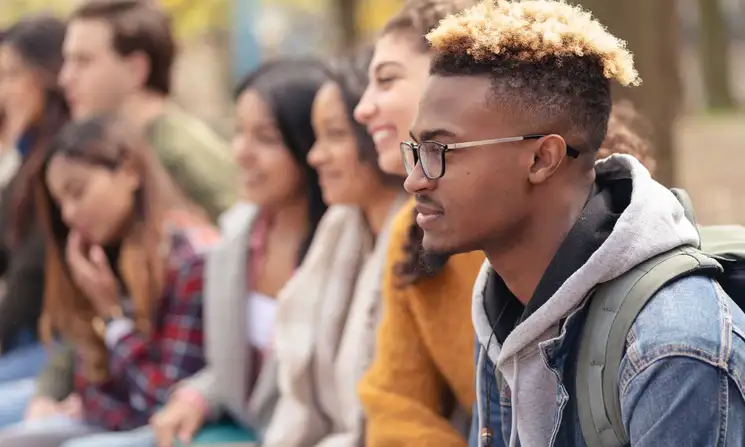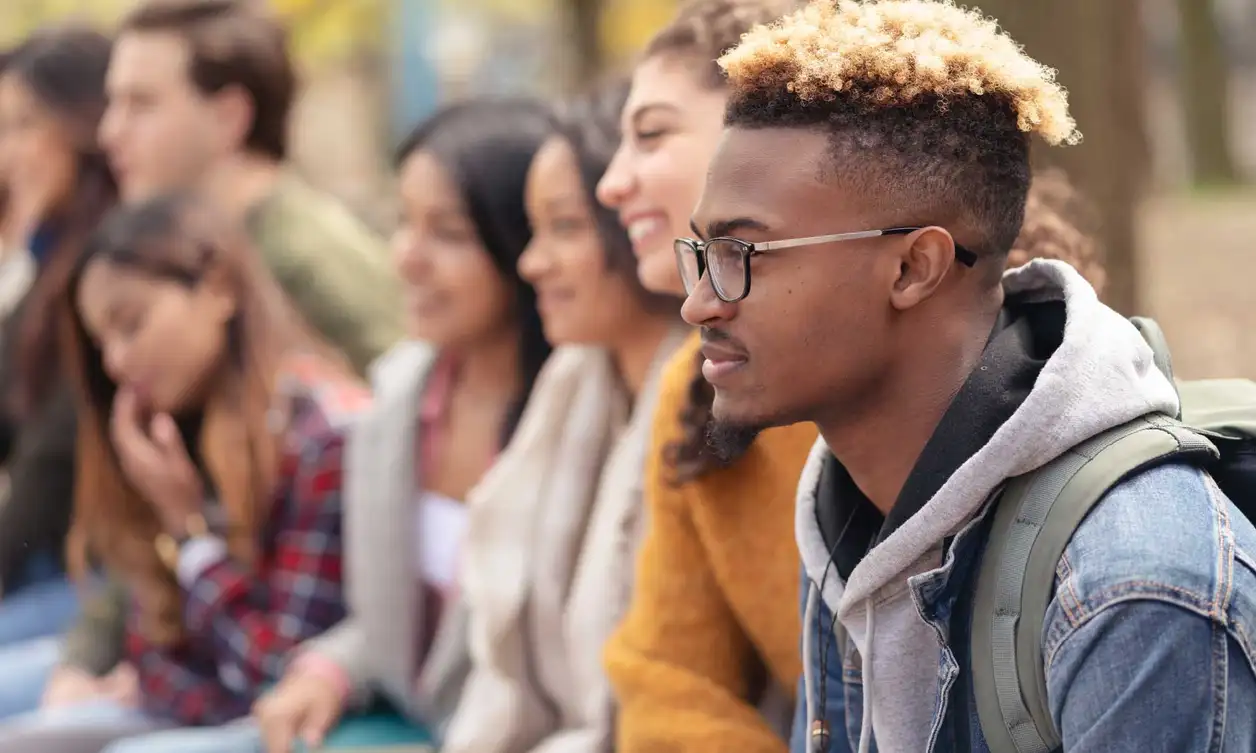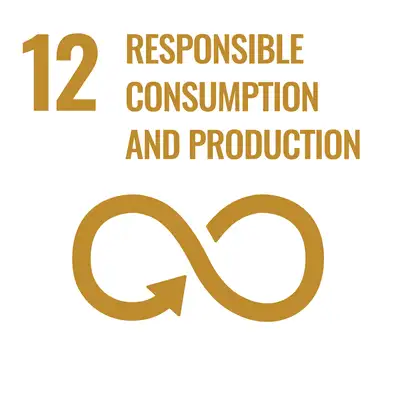
Zero Waste campus
Massey University has an ambitious and aspirational goal of being a Zero Waste Campus. To help achieve this goal, the university measures waste sent to landfill compared to waste recycled. Massey has 2 waste reduction goals in its Climate Action Plan.
- 60% diversion from landfill by 2025
- 90% diversion from landfill by 2030
Currently, almost one-quarter of the university's waste is recycled – cardboard, paper, glass, plastic and composting of food and organic waste (for example, paper towels and compostable cups and plates).
In 2023, there was a 1.2% decrease in the total waste sent to landfill. The proportion of recycled waste also decreased from 24.7% to 23.3%.
- In 2023, 547 tonnes of waste went to landfill, and 166 tonnes was recycled – 23.3% of all waste.
- In 2022, 553 tonnes of waste went to landfill, and 181 tonnes was recycled – 24.7% of all waste.
In 2023, recycled waste comprised:
- 101 tonnes of cardboard/paper, down 27% from 138 tonnes in 2022
- 33 tonnes of comingled recycling (plastic, cans and tins), up 83% from 18 tonnes in 2022
- 17 tonnes of glass, up 37% from 12 tonnes in 2022
- 15 tonnes of compost (food and organic waste), up 27% from 12 tonnes in 2022
- 1 tonne of plastic, similarly to 2022
Food waste comes from the university's dining halls and cafeterias. Please note that the above figures exclude waste from the Massey University Research farms.
Congratulations to Massey's Auckland campus Ngā Kaitiaki Taiao | Library team who have taken part in the Green Impact initiative in both 2022 and 2023. The Auckland campus library is almost zero-waste-to-landfill due to initiatives like ensuring that all food scraps are either composted or sent to the team worm farm. Another great example is the Te Paepoto team in Turitea, who collect scraps to feed the lovely kune kune pigs, Betty and Wilma.
Massey University Climate Action Plan 2021 to 2023 (PDF, 1.6 MB)
Reduction of single-use plastics and disposable items
The university updated its Procurement Policy in 2022 to increase focus on responsible procurement and maximise economic, environmental, cultural and social values of purchases.
The new policy prioritises purchases that minimise waste and reductions in the use of both plastic and disposable items.
Read our Progressive Procurement policy
Lots of great initiatives are already happening.
Massey's dining halls
- Disposable cups, cutlery, straws, plates and takeaway containers are all made from compostable materials.
- Washable plates and cutlery are also available.
- Filtered water stations at no charge to reduce the use of single-use plastics
- Plastic straws are not available.
Wharerata and Tussock
The staff cafeterias on the Manawatū and Wellington campuses:
- offer sustainable bio cutlery, cups and plates, where possible, both in-house and for deliveries
- provide water in reusable glass bottles for those eating in the cafeteria
- send food for delivery on platters, which are picked up, washed and re-used
- recycle glass, cans, and plastic bottles (Wharerata) and cans, plastic and cardboard (Tussock).
Wharerata also provides water for deliveries in recycled plastic bottles that are recycled again.
Tussock also has a cup library where patrons can take a mug from the shelf in the café and use it instead of a takeaway cup.
Green Impact team initiatives
Reducing disposable plastics and plastic use on campus is a priority for several Green Impact teams. Initiatives include:
- Bring their own cup, plate, lunchbox and/or cutlery when purchasing a hot drink or meal from campus food outlets and encouraging colleagues and peers to do the same.
- Soft-plastics bins set up, with information about where soft-plastics can be recycled.
- Participation in the 2023 Plastic-free July campaign. Including documenting the journey to reduce single-use plastic.
Read our Progressive Procurement policy (last updated in 2022)
Reduction of plastic pollution
In 2022, Massey's Associate Professor Trisia Farrelly presented research at a workshop to set the priorities for an international agreement on plastics.
Work on the Plastic Pollution Treaty included:
- drafting national statements and interventions at past UN Environment Assemblies
- a regional declaration
- determining regional priorities, needs, and challenges.
The Secretariat of the Pacific Regional Environment Programme organised the 3-day workshop.
Converting legume wastewater into high-value food products
Recent funding for Massey and Lincoln University researchers allows them to investigate converting legume wastewater into high-value ingredients and food products.
The finished product could be processed and used in the same way as food hydrocolloids, emulsifiers, foaming and gelling agents, for example.
This is a novel application for the legume industry and the food industry.
Innovative uses of old Police Body Armour
In 2023, students from Massey’s School of Design repurposed old police body armour no longer fit for purpose. Their creative products included sunglasses cases, a collapsible road cone, and a patient carrier for first responders.
New Commerce and Sustainability course
Massey Business School has launched a new course titled Commerce and Sustainability in Practice, which started in 2024. Students complete in a real-world business sustainability challenge linked to the United Nations’ Sustainable Development Goals.
